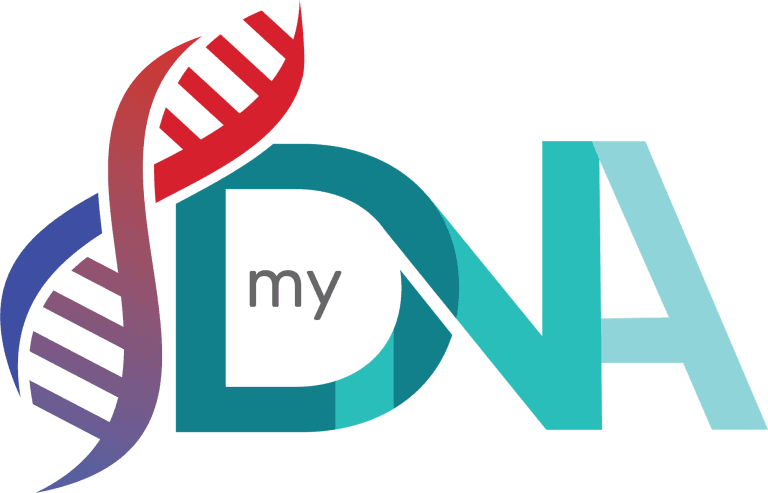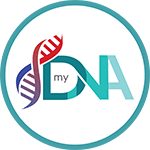If you are considering getting a predictive genetic test to assess your risk of developing certain diseases, you may also be interested in learning about lifestyle changes that can help reduce that risk. A recent article on MyDNA discusses how making simple changes to your daily habits can have a significant impact on your overall health. Additionally, if you have children, you may want to explore the benefits of DNA testing for them as well. Another article on MyDNA explains how genetic testing can provide valuable insights into your child’s health and well-being.
FAQs
What is a predictive genetic test?
A predictive genetic test is a type of genetic test that looks for specific inherited changes (mutations) in a person’s genes that may increase their risk of developing certain diseases or conditions in the future.
How does a predictive genetic test work?
A predictive genetic test typically involves collecting a sample of the person’s DNA, usually through a blood sample or a cheek swab. The DNA is then analysed in a laboratory to look for specific genetic variations that are associated with an increased risk of certain diseases or conditions.
What can a predictive genetic test tell you?
A predictive genetic test can provide information about a person’s risk of developing certain diseases or conditions in the future, based on their genetic makeup. This information can be used to make informed decisions about lifestyle choices, medical monitoring, and potential preventive measures.
What are some examples of conditions that can be tested for with a predictive genetic test?
Some examples of conditions that can be tested for with a predictive genetic test include hereditary cancers (such as breast cancer and ovarian cancer), cardiovascular diseases, Alzheimer’s disease, and certain types of inherited neurological disorders.
What are the potential benefits of a predictive genetic test?
The potential benefits of a predictive genetic test include the ability to make informed decisions about lifestyle choices, medical monitoring, and potential preventive measures based on an individual’s genetic risk profile. It can also provide peace of mind for individuals who may be at lower risk for certain conditions.
What are the potential limitations of a predictive genetic test?
Some potential limitations of a predictive genetic test include the fact that it can only provide information about genetic risk, and does not guarantee that a person will develop a particular disease or condition. It can also raise ethical and psychological considerations, as well as potential implications for family members. Additionally, the interpretation of genetic test results can be complex and may require consultation with a genetic counselor or healthcare provider.





